We use cookies on this site to enhance your user experience
By clicking the Accept button, you agree to us doing so. More info on our cookie policy
We use cookies on this site to enhance your user experience
By clicking the Accept button, you agree to us doing so. More info on our cookie policy
Mini-Symposia III
Abstract:
AI technologies are now used in almost every area of research and industry. They automate and accelerate processes, and uncover new, unseen relations in huge datasets. Such technologies are used to develop new models for CFD, e.g., reduced-order models, surrogates, and closure models aiming at efficiently modeling complex physics that are otherwise expensive to compute. Furthermore, reinforcement learning algorithms are used for flow control applications, while receiving feedback from CFD solvers after an action. The quality of these methods is often a function of both the quantity and the accuracy of the underlying data used for training, as well as the physical constraints imposed. HPC systems are required to create and process high-fidelity simulation data, with an increasing number of CFD solvers running on both CPU and GPU partitions. Modular and heterogeneous systems with accelerator and/or specialized AI components as blueprints for future HPC systems have the potential to deal with the demands of complex and intertwined simulations and AI data processing workflows towards foundation and multi-modal models and their application for CFD. This mini-symposium aims at continuing the successful 2022 – 2024 AI+HPC4CFD mini-symposia. It gathers experts in the fields of development and application of parallel CFD methods incorporating novel AI methods, and pure AI method developers contributing to the fields of CFD and HPC alike. It offers a platform for discussion and exchange in the context of the convergence of AI and HPC with respect to parallel CFD methods using the power of future computing systems.
Topics of interest for this mini-symposium include, but are not limited to:
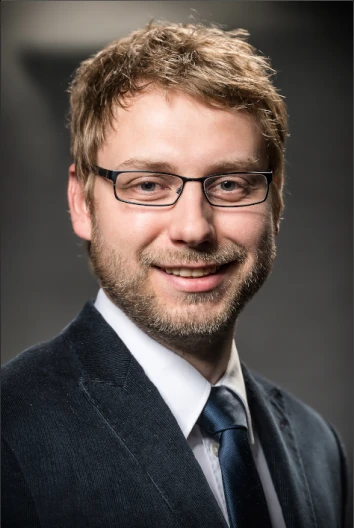
Dr. Andreas Lintermann is the leader of the Simulation and Data Lab ”Fluids & Solids Engineering” at the Jülich Supercomputing Centre (JSC), Forschungszentrum Jülich. He was coordinating the European CoE RAISE and leads/co-leads JSC’s activities in various national and international projects, e.g., in EuroCC2, interTwin, SPECTRUM, HANAMI, RISCALE, or nxtAIM. He is involved in the Industry Relations Team of the institute. His research focuses on HPC, modular supercomputing, AI, bio-fluidmechanis, lattice-Boltzmann methods, high-scaling meshing methods, and efficient multiphysics coupling strategies.
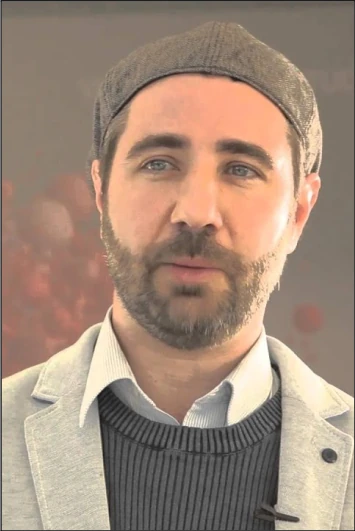
Since 2005, Dr. Guillaume Houzeaux has led the ”Physical and Numerical Modeling” team at the Barcelona Supercomputing Center in Spain. He is a key architect of the Alya HPC simulation code, which is applied in fields such as aeronautics, combustion, wind energy, and biomedicine. His research is centered on High Performance Computational Mechanics, with a particular focus on high-performance computing with applications in biomedicine. This involves physical modelling, mathematical algorithms, adaptive mesh refinement, code development following a CI/CD methodology and code optimization, all driven by the objective of efficient use of parallel resources.

Since 2024, Dr. Mario Rüttgers is a member of the Data-Driven Fluid Engineering (DDFE) Laboratory of Inha University, South Korea, with a Benjamin Walter stipend from the German Research Associciation. Before, he was a member of the Simulation and Data Lab “Fluids & Solids Engineering” of the Jülich Supercomputing Centre, Forschungszentrum Jülich since 2019. In 2023, he received his Ph.D. degree at the Institute of Aerodynamics and Chair of Fluid Mechanics, RWTH Aachen University. His research focuses on combining computational fluid dynamics and machine learning techniques.
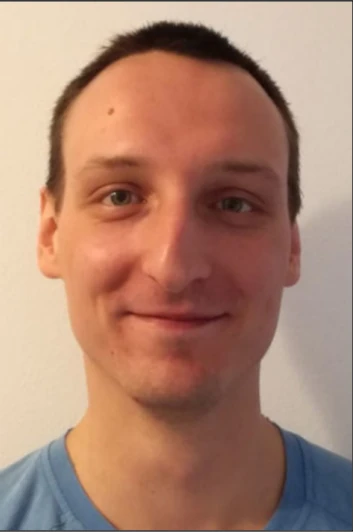
Dr. Christian Lagemann is a Postdoctoral Research Fellow at the AI Institute in Dynamic Systems at the University of Washington since 2023. His research focuses on the application of artificial intelligence to fluid mechanics, with interests in deep learning based surrogate modeling, reinforcement learning for flow control and data-driven discovery of fluid dynamical mechanisms. He holds a Habilitation in Artificial Intelligence in Fluid Mechanics and a Ph.D. in Mechanical Engineering from RWTH Aachen University.
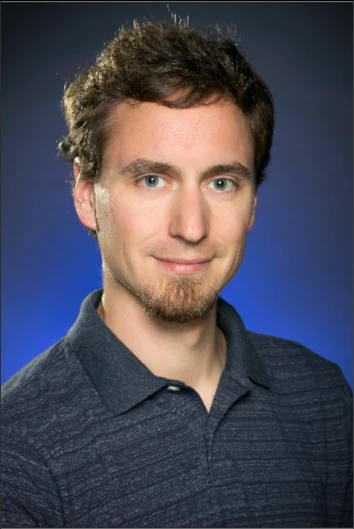
Dr. Corentin Lapeyre is a Strategic Researcher Engagement Manager at NVIDIA, where he empowers scientists to achieve breakthrough discoveries through accelerated computing and AI. With a background in computational physics, Corentin earned his PhD from Toulouse INP in 2015, specializing in massively parallel simulations of thermoacoustics in aircraft engines. In 2018, he founded the first AI for Science team at CERFACS, and for 6 years he spearheaded the application of data-driven techniques to complex modeling and simulation challenges across aerospace, energy engineering, and geoscience applications.
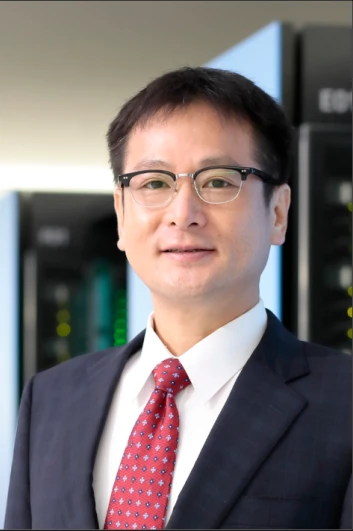
Makoto Tsubokura is a professor of computational fluid dynamics at the Graduate School of System Informatics, Kobe University since 2015, and the leader of the Complex Unified Simulation Research Team at the Center of Computational Science, RIKEN since 2012. After earning a Ph.D. from the University of Tokyo in 1997, he first became a lecturer at the Tokyo Institute of Technology in 1999, then an associate professor at the University of Electro-Communications in 2003, then at Hokkaido University in 2007. He specializes in research and development of mathematical modeling and simulation algorithms for thermal fluids in turbulent state, and their expansion to massively parallel environment on high-end supercomputers.